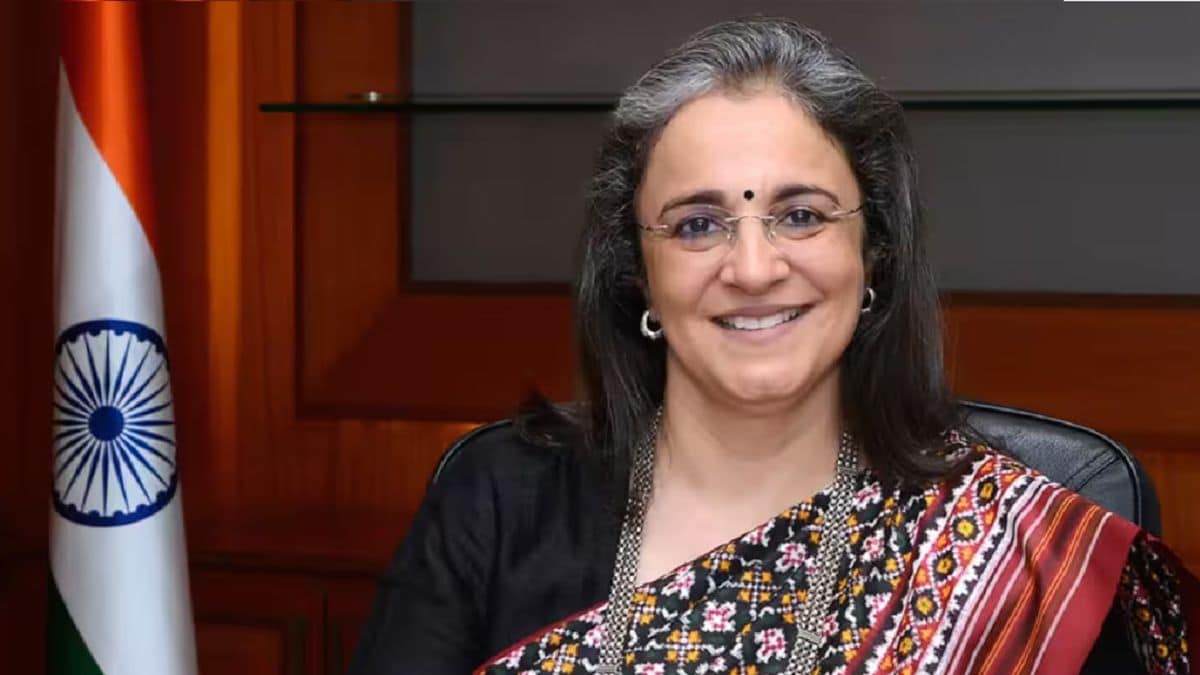The confrontation between Hindenburg Research and the Securities and Exchange Board of India (SEBI) intensified on Monday, as the short-seller firm posed new questions to SEBI Chairperson Madhabi Puri Buch, following her recent denial of allegations leveled against the regulatory body.
The ongoing controversy began when Hindenburg Research published a report alleging lapses in SEBI’s oversight of certain high-profile companies, particularly in connection with alleged market manipulation and corporate governance failures. The report claimed that SEBI had not adequately addressed potential violations, raising concerns about the effectiveness of the regulatory framework in India.
In response, SEBI Chairperson Madhabi Puri Buch firmly denied the allegations, asserting that SEBI has consistently adhered to its mandate of protecting investors and ensuring market integrity. Buch emphasized that SEBI had conducted thorough investigations in line with established procedures and that the regulatory body remains committed to maintaining transparency and accountability in the Indian financial markets.,
However, Hindenburg Research was quick to challenge Buch’s assertions, issuing a statement that called into question the completeness and transparency of SEBI’s investigations. The firm raised several pointed questions regarding the regulatory body’s handling of specific cases, including the timeline of investigations, the nature of penalties imposed, and the potential influence of powerful corporate entities on regulatory decisions.
Hindenburg’s latest move has put additional pressure on SEBI, with investors and market participants closely watching how the regulatory body responds to these renewed challenges. The situation has also sparked a broader debate about the role of financial watchdogs in safeguarding market integrity, with some calling for an independent review of SEBI’s practices.
As the dispute between Hindenburg Research and SEBI continues to unfold, it has drawn significant attention both domestically and internationally, highlighting the critical importance of robust and transparent regulation in maintaining confidence in India’s capital markets.

